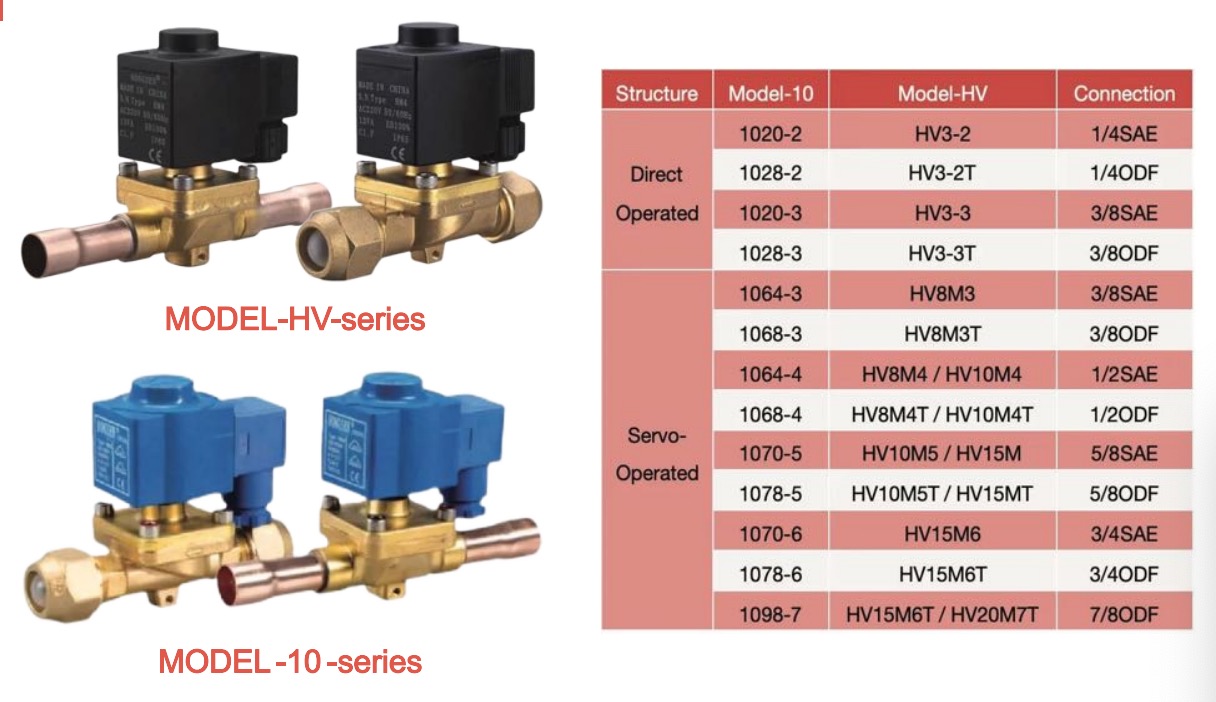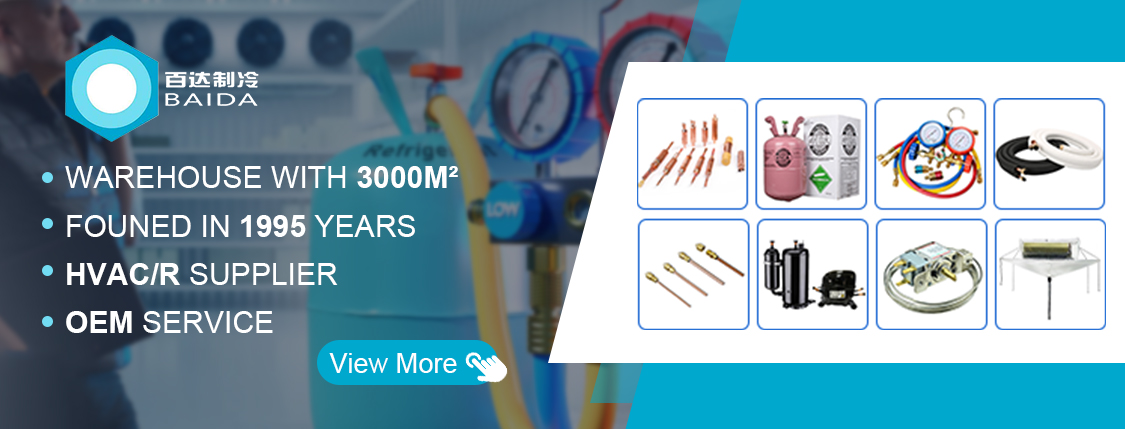A SOLENOID VALVE is an electrically controlled valve that uses electromagnetic force to operate the opening and closing of the valve. This type of valve is widely used in a variety of industrial and commercial applications, including but not limited to water treatment, HVAC, refrigeration, pneumatic and hydraulic systems.
The following are some key features and functions of solenoid valves:
Automated control: Solenoid valves can automatically control the flow of fluids through electric signals, realizing remote and automated operation.
Quick response: Solenoid valves can respond quickly to control signals and quickly change the flow state of fluids.
Precise control: Suitable for applications that require precise control of fluid flow and direction.
Durability: Solenoid valves are usually made of durable materials such as brass or stainless steel and have a long service life.

Multiple voltage options: Solenoid valves can be designed to adapt to different voltages and frequencies, such as AC220V, DC24V, etc.
Protection level: Solenoid valves usually have a higher protection level, such as IP65 or higher, suitable for various environmental conditions.
Explosion-proof features: Solenoid valves used in flammable and explosive environments may have explosion-proof certification.
Energy saving: There is no fluid leakage when the solenoid valve is closed, which helps save energy.
Easy to install and maintain: The solenoid valve is compact in design and easy to install and maintain.
According to the pictures you provided, these solenoid valves have the following features:
Material: The valve body may be made of brass, which has good corrosion resistance and wear resistance.
Solenoid coil: The solenoid coil adopts a black plastic shell, which has good insulation and temperature resistance.
Voltage and frequency: As shown in the picture, the solenoid valve may be designed to work at AC220V 50/60Hz.
Protection level: It may have IP65 protection level, suitable for a variety of working environments.
Certification: It may have CE certification, which meets European safety and environmental standards.









